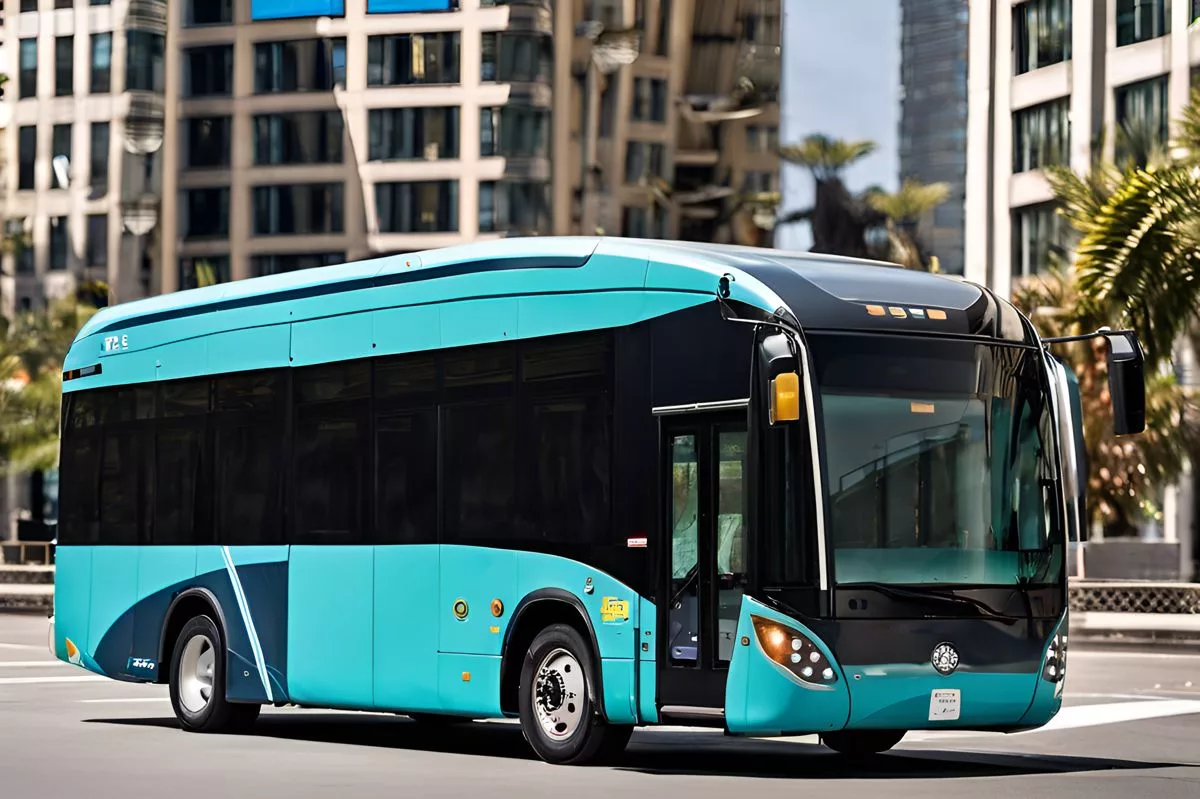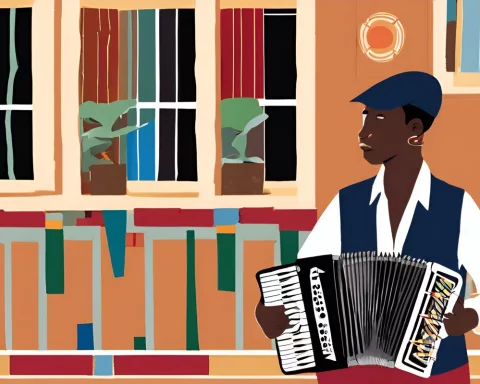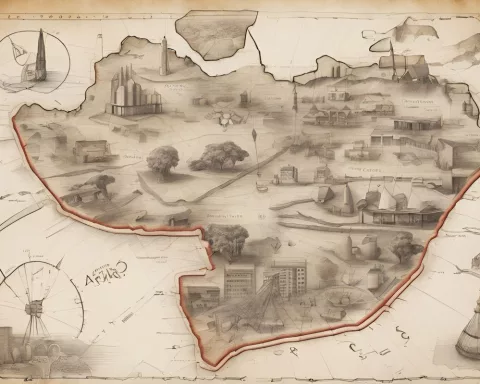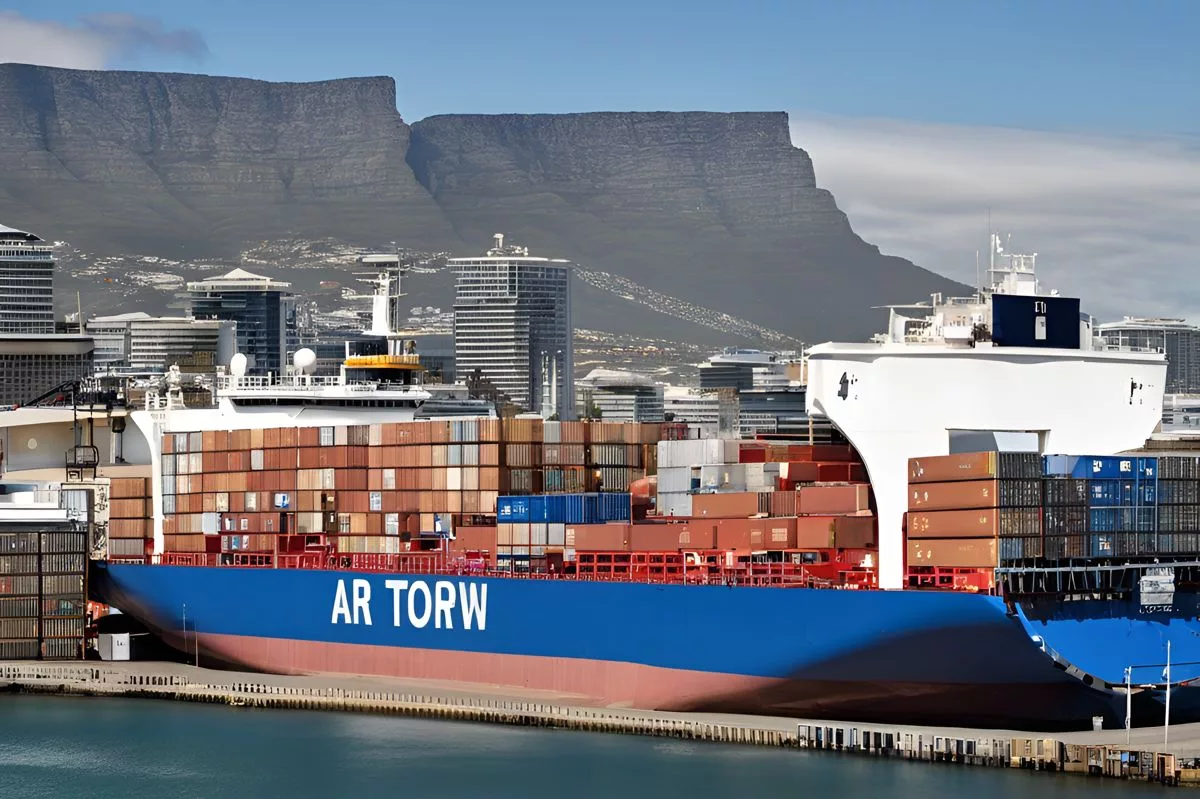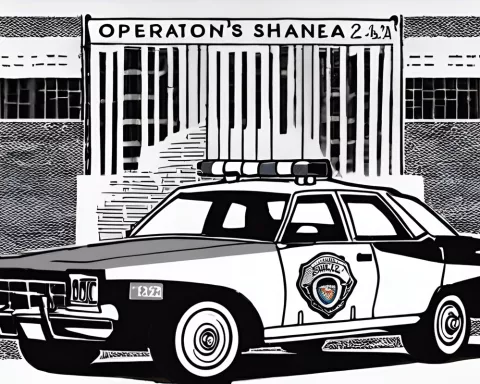South Africa’s public transport sector is embracing the electric revolution with the introduction of Lion’s Explorer E electric buses by Golden Arrow Bus Services. The electric buses are financially viable and address the country’s unique environmental conditions. With successful trials and positive feedback, the City of Cape Town plans to incorporate electric buses into MyCiTi Phase 2A by 2027, indicating the country’s commitment to sustainable transport. The transition towards electric buses is a refreshing development, showcasing the country’s dedication to green technology and a sustainable future.
What is the status of electric buses in South Africa’s public transport?
South Africa’s public transport sector is embracing the electric revolution with the introduction of Lion’s Explorer E electric buses by Golden Arrow Bus Services. The electric buses are not only financially viable but also address the country’s unique environmental conditions. With successful trials and positive feedback, the Explorer E has a potential range of 300 km to 350 km per charge and a battery life of up to 14 years. The City of Cape Town plans to incorporate electric buses into MyCiTi Phase 2A by 2027, indicating the country’s commitment to sustainable transport.
The Emergence of the Electric Bus
South Africa’s public transport domain is embracing a significant shift, with the unveiling of the Lion’s Explorer E electric bus. Golden Arrow Bus Services (GABS) have introduced these cutting-edge electric vehicles as a result of successful cooperation with MAN Truck & Bus South Africa (MAN SA). Without a doubt, this transformative leap forward is brimming with anticipation and fascination.
The completion of a rigorous test phase by GABS indicates a bright future. A useful narrative shared by Gideon Neethling, GABS’s company engineer, sheds light on the trial run. As per Neethling’s account, after comprehensive non-passenger testing which included driver instruction, safety audits, and energy efficiency evaluation, the bus was launched in Cape Town in early February.
Trial Run and Positive Feedback
The testing phase was a model of thoroughness and rigor. The steps included training drivers on the novel technology, making sure safety precautions were implemented, establishing charging rates, and gauging the range per charge. The outcomes were quite encouraging, giving a green signal for the bus to begin operations. “The energy efficiency falls within our anticipated range of between 0.9 kWh and 1.1 kWh for each kilometer,” disclosed Neethling.
Post-trial feedback has been resoundingly affirmative. Both drivers and passengers hailed the novel technology, marking a successful testing phase. Neethling confirmed that the ongoing assessment revealed no operational challenges or major issues, attesting to the quality and promise of the electric buses.
South Africa’s Technological Growth and Environmental Sustainability
The electric buses are not just a move towards environmental sustainability, they also mirror South Africa’s burgeoning technological capabilities. The Explorer E is an innovative creation intended explicitly for the African market, answering GABS’ call for an electric bus that can handle unique South African environmental conditions.
The Explorer E is not the only contender in the pursuit of electric public transport. GABS has also expanded its scope by experimenting with three electric buses from a Chinese manufacturer. This action is in line with the company’s ambitious target to incorporate over 60 electric buses into its fleet every year.
The swing towards electric buses is not only an eco-friendly move but is also financially viable. Fuel costs account for about 31% of GABS’ total expenses. The 66-seater Explorer E, which can accommodate one extra passenger compared to its diesel-powered equivalent, has a potential range of 300 km to 350 km per charge. Furthermore, the battery is designed to last up to 14 years, still maintaining 70% efficiency at that stage.
Cape Town’s Commitment to Sustainable Transport
In a parallel development, the City of Cape Town is preparing for a significant shift. By 2027, the MyCiti service plans to roll out electric buses. The mayoral committee member for urban mobility, Councillor Rob Quintas, has revealed plans to incorporate these buses into MyCiTi Phase 2A. This new phase will expand the bus service to link Mitchells Plain, Khayelitsha, Wynberg, and Claremont. This move marks the city’s second venture into adopting zero-emission technology, a courageous step reflecting Cape Town’s dedication to environmental sustainability.
Thus, South Africa’s public transportation system is experiencing a crucial metamorphosis. The transition towards electric buses is a refreshing development, showcasing the country’s dedication to green technology and a sustainable future. It signifies an exciting fusion of technological advancement and environmental awareness—a perfect journey into the future.
1. What is the status of electric buses in South Africa’s public transport?
South Africa’s public transport sector is embracing the electric revolution with the introduction of Lion’s Explorer E electric buses by Golden Arrow Bus Services. The electric buses are not only financially viable but also address the country’s unique environmental conditions. With successful trials and positive feedback, the City of Cape Town plans to incorporate electric buses into MyCiTi Phase 2A by 2027, indicating the country’s commitment to sustainable transport.
2. What is the potential range of Lion’s Explorer E electric buses?
The Explorer E has a potential range of 300 km to 350 km per charge and a battery life of up to 14 years.
3. What is the feedback from the trial run of Lion’s Explorer E electric buses?
Post-trial feedback has been resoundingly affirmative. Both drivers and passengers hailed the novel technology, marking a successful testing phase. The ongoing assessment revealed no operational challenges or major issues, attesting to the quality and promise of the electric buses.
4. What does the shift towards electric buses signify in South Africa?
The shift towards electric buses is a refreshing development, showcasing the country’s dedication to green technology and a sustainable future. It signifies an exciting fusion of technological advancement and environmental awareness.
5. What is the potential financial impact of electric buses on Golden Arrow Bus Services?
The swing towards electric buses is not only an eco-friendly move but is also financially viable. Fuel costs account for about 31% of GABS’ total expenses. The 66-seater Explorer E, which can accommodate one extra passenger compared to its diesel-powered equivalent, has a potential range of 300 km to 350 km per charge. Furthermore, the battery is designed to last up to 14 years, still maintaining 70% efficiency at that stage.
6. What are the plans of the City of Cape Town regarding electric buses in public transport?
By 2027, the MyCiti service plans to roll out electric buses. The mayoral committee member for urban mobility, Councillor Rob Quintas, has revealed plans to incorporate these buses into MyCiTi Phase 2A. This new phase will expand the bus service to link Mitchells Plain, Khayelitsha, Wynberg, and Claremont. This move reflects Cape Town’s dedication to environmental sustainability and its second venture into adopting zero-emission technology.

